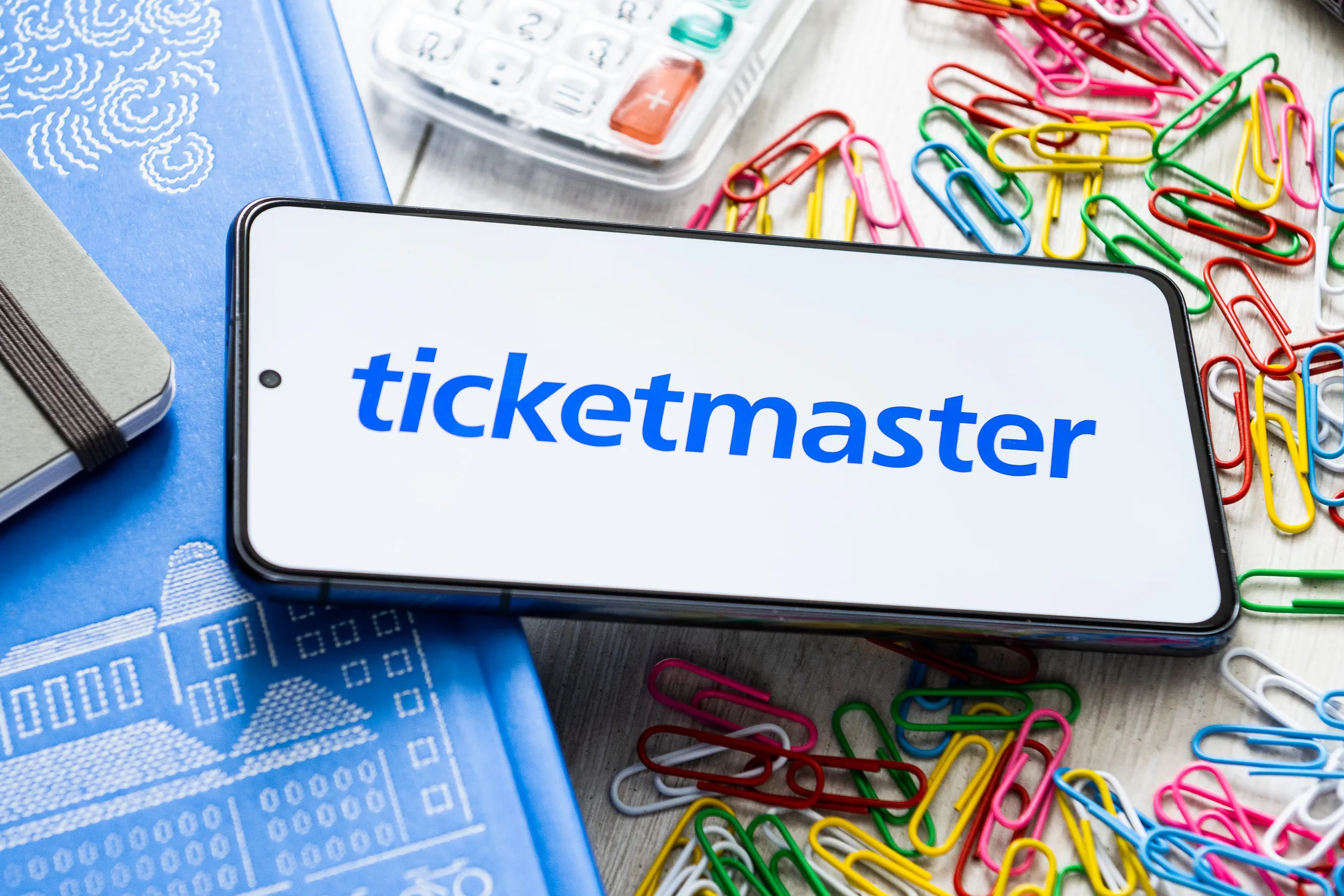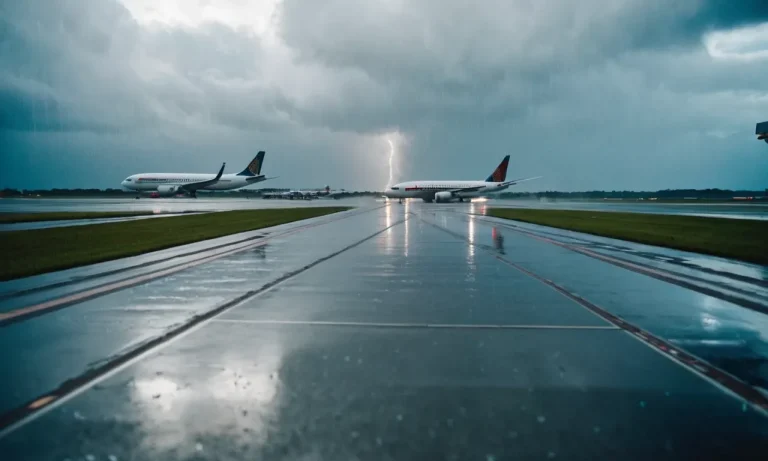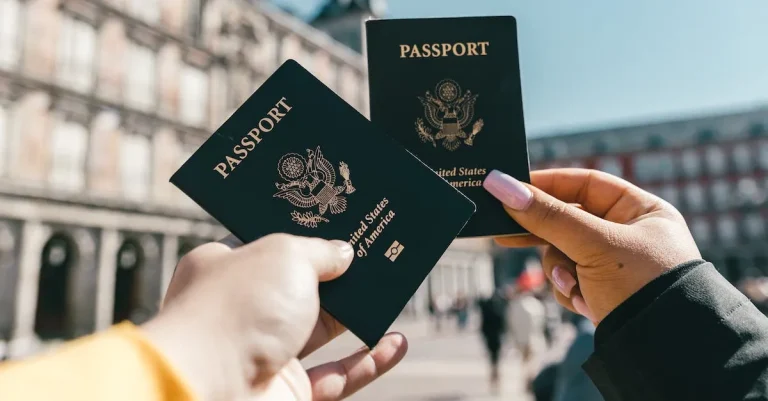Selling tickets through Ticketmaster seems simple enough – list the tickets, sell them, and get paid. But there’s more to it than meets the eye. In particular, the fees Ticketmaster charges can really add up and eat into your profits if you’re not careful.
If you’re short on time, here’s a quick answer: Ticketmaster charges numerous fees for selling tickets which can total over 20% of the ticket price. These include an initial listing fee, per-ticket fees, and a final sales commission fee.
It’s important to understand these fees so you can properly price your tickets.
In this comprehensive guide, we’ll break down all the Ticketmaster fees for selling tickets in detail. We’ll look at the different types of fees they charge at various points in the selling process.
We’ll also provide tips on how to minimize fees and maximize your profits when selling tickets on Ticketmaster.
Listing Fees for Posting Tickets
When it comes to selling tickets on Ticketmaster, there are a few fees that sellers need to be aware of.
These fees are typically charged to cover the costs of processing the transaction and providing a platform for sellers to list their tickets.
Let’s take a closer look at the different listing fees that sellers may encounter.
Per event listing fee
The per event listing fee is a one-time charge that sellers need to pay for each event they list their tickets for.
This fee helps cover the administrative costs associated with processing the listing and ensuring that the tickets are accurately listed on the Ticketmaster platform.
The amount of the per event listing fee can vary depending on the type of event and the demand for tickets.
It is important for sellers to factor in this fee when determining the price they want to list their tickets for.
Season ticket listing fees
Selling season tickets on Ticketmaster may come with additional fees compared to selling single event tickets.
This is because season tickets typically cover multiple events, and managing the sale of these tickets requires more administrative work.
Sellers may be charged a higher listing fee for season tickets to compensate for the extra time and effort required to handle these transactions.
It’s important for sellers to carefully consider these fees and factor them into their pricing strategy when selling season tickets on Ticketmaster.
Per Ticket Fees
When selling tickets through Ticketmaster, it’s important to understand the various fees that may be associated with each ticket.
These fees help cover the costs of ticket processing, delivery, and other services provided by Ticketmaster.
Let’s take a closer look at the two main types of per ticket fees:
Delivery fee per ticket
One common fee you may encounter when selling tickets is the delivery fee per ticket. This fee is charged to cover the cost of delivering the tickets to the buyer.
The amount of the delivery fee can vary depending on the method of delivery chosen by the buyer.
For example, if the buyer opts for electronic delivery, the fee might be lower compared to physical delivery methods like mail or express delivery.
It’s worth noting that some events may offer free electronic delivery as an option, so be sure to check the specific event details to see if this is available.
Additionally, if the buyer chooses to pick up the tickets at the venue, there may be no delivery fee associated with the transaction.
Service fee per ticket
Another fee you may encounter is the service fee per ticket. This fee covers the cost of Ticketmaster’s services, including ticket processing, customer support, and maintaining the platform.
The service fee is typically a percentage of the ticket price, but it can also be a flat fee depending on the event and ticket category.
The service fee is often higher for popular events or premium seating options.
This is because the demand for these tickets typically requires more resources from Ticketmaster to handle the high volume of transactions and provide a seamless ticket buying experience.
While the service fee may add to the overall cost of selling tickets, it helps ensure a smooth and secure ticketing process for both buyers and sellers.
It’s important to keep in mind that the exact amount of both the delivery fee and service fee per ticket can vary depending on the event and specific circumstances.
To get a clear understanding of the fees associated with selling tickets for a particular event, it’s always a good idea to visit the official Ticketmaster website and review the event details.
Final Sales Commission Fees
When selling tickets through Ticketmaster, sellers should be aware of the final sales commission fees that they will be charged.
These fees are deducted from the total ticket price and can impact the overall profit of the sale.
Understanding the commission fees is crucial for sellers to determine the pricing strategy and ensure a fair return on their ticket sales.
Sales commission percentage
Ticketmaster charges sellers a sales commission fee based on a percentage of the total ticket price. The exact percentage can vary depending on factors such as the event type, ticket category, and selling platform.
It is important for sellers to familiarize themselves with the specific commission rates for their event to accurately calculate their earnings.
According to Ticketmaster’s official website, the sales commission fee typically ranges from 10% to 15% of the ticket price.
However, it is essential to check the ticketing platform’s terms and conditions or contact their customer support for the most up-to-date commission rates.
Examples of commission fees
To better understand how commission fees can affect ticket sales, let’s look at a couple of examples:
| Event | Ticket Price | Commission Fee (15%) | Profit |
|---|---|---|---|
| Concert A | $50 | $7.50 | $42.50 |
| Sports Game B | $100 | $15 | $85 |
As shown in the examples, the commission fee is calculated based on the ticket price multiplied by the sales commission percentage.
The resulting amount is then deducted from the total ticket price to determine the seller’s profit.
It is important to note that these examples are for illustrative purposes only, and the actual commission fees for specific events may vary.
Sellers should always check the ticketing platform’s guidelines and terms to obtain accurate information on commission fees.

Other Potential Fees
When selling tickets on Ticketmaster, there are a few other potential fees you should be aware of. These fees can vary depending on the specific event and ticket type, so it’s important to review the terms and conditions for each transaction.
Here are two common types of fees you may encounter:
Payment processing fees
When you sell a ticket on Ticketmaster, there may be payment processing fees associated with the transaction.
These fees cover the cost of processing the payment and ensuring a secure transaction for both the buyer and the seller.
Payment processing fees are typically a small percentage of the ticket price, and they may vary based on the payment method used.
It’s important to note that payment processing fees are not unique to Ticketmaster. Many online platforms and ticketing services charge similar fees to cover the costs of processing payments.
These fees help ensure that transactions are safe and secure, providing peace of mind for both buyers and sellers.
Ticket refund fees
In some cases, you may need to refund a ticket that you have sold on Ticketmaster. When refunding a ticket, there may be refund fees involved.
These fees are typically deducted from the ticket price and cover administrative costs associated with processing the refund.
The specific refund fees can vary depending on the event and the ticket type. It’s important to carefully review the refund policy for each event you sell tickets for, as refund fees may apply in certain cases.
Ticketmaster provides detailed information on their website about refund policies and any associated fees, so be sure to familiarize yourself with this information before selling tickets.
While fees are an inevitable part of selling tickets, it’s worth noting that Ticketmaster provides a convenient platform for buyers and sellers to connect.
The platform offers a wide range of events and ticket options, making it easy to reach a large audience of potential buyers.
Despite the fees, many sellers find that Ticketmaster is a valuable tool for selling tickets and reaching a wider audience.
Tips for Minimizing Fees
When selling tickets on Ticketmaster, it’s important to consider the fees associated with the process. These fees can sometimes cut into your profits, so it’s worth exploring ways to minimize them.
Here are some tips to help you reduce the fees when selling tickets:
Price tickets accordingly
One way to minimize fees is by pricing your tickets strategically. Take into account the fees that will be deducted from your total earnings when setting the ticket price.
By factoring in these fees, you can ensure that you still make a profit even after the deductions.
It’s important to strike a balance between offering a competitive price and covering the fees.
Sell in bulk when possible
If you have multiple tickets to sell, consider listing them as a bundle or package. Selling tickets in bulk can often lead to lower fees per ticket.
Ticketmaster may offer discounted fees for bulk sales, allowing you to save on overall transaction costs.
Additionally, selling tickets in bulk can attract buyers who are looking to purchase multiple tickets for a group or event, increasing your chances of making a sale.
Consider alternate selling platforms
While Ticketmaster is a popular platform for selling tickets, it’s not the only option available. Consider exploring alternate selling platforms that may have lower fees or more flexible pricing options.
Websites such as StubHub, SeatGeek, or even social media platforms like Facebook Marketplace can be viable alternatives.
Be sure to research the fees associated with these platforms and compare them to Ticketmaster before making a decision.
Conclusion
In summary, selling tickets through Ticketmaster involves a number of fees that can really add up. There are per event listing fees, per ticket service and delivery fees, and a final sales commission.
While the fees may seem excessive, for major events Ticketmaster still provides unparalleled exposure and sales volume.
The key is understanding Ticketmaster’s fee structure inside and out. This allows you to accurately price your tickets and minimize the impact of fees.
With the right approach, you can still profitably sell tickets on Ticketmaster while keeping your costs under control.






